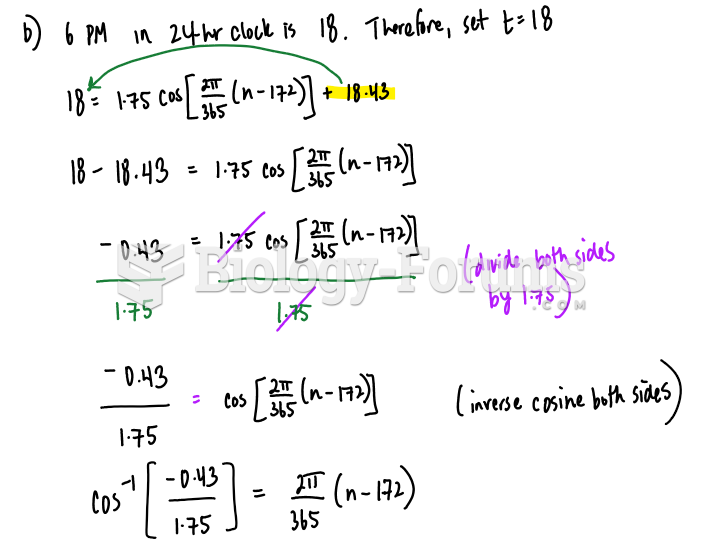Answer to Question 1
True
Answer to Question 2
Hinduism is believed to be one of the world's oldest current religions, having originated along the banks of the Indus River in Pakistan between 3,500 and 4,500 years ago. Hindu beliefs and practices have been preserved through an oral tradition and expressed in texts and hymns known as the Vedas (meaning knowledge or wisdom). The religion does not have a sacred book. Consequently, Hindu beliefs and practices emerged over the centuries across the subcontinent of India in a variety of forms, reflecting the influence of the various regional cultures. Religion scholars refer to it as an ethical religiona system of beliefs that calls upon adherents to follow an ideal way of life.
Central to Hindu teachings is the belief that individual souls (jivas) enter the world and roam the universe until they break free into the limitless atmosphere of illumination (moksha) by discovering their own dharmaduties or responsibilities. According to Hinduism, individual jivas pass through a sequence of bodies over time as they undergo a process known as reincarnation (samsara)an endless passage through cycles of life, death, and rebirth until the soul earns liberation. The soul's acquisition of each new body is tied to the law of karma (deed or act), which is a doctrine of the moral law of cause and effect. The ultimate goal of Hindu existence is entering the state of nirvana becoming liberated from the world by uniting the individual soul with the universal soul (Brahma).
Hindus typically have not engaged in religious debates or holy wars with those holding differing beliefs. One of the best known Hindu leaders of modern times was Mohandas Mahatma Gandhi, the champion of India's independence movement, who was devoted to the Hindu ideals of nonviolence, honesty, and courage. Some social analysts note that Hinduism has been closely associated with the perpetuation of the caste system in India. It is estimated that there are more than 900-950 million Hindus in the world today with most of them residing in India. Most Asian Indian immigrants to the United States have been well-educated professionals who have joined the ranks of the U.S. middle- and upper-middle classes and have been active in supporting the large number of Hindu temples in the nation.






